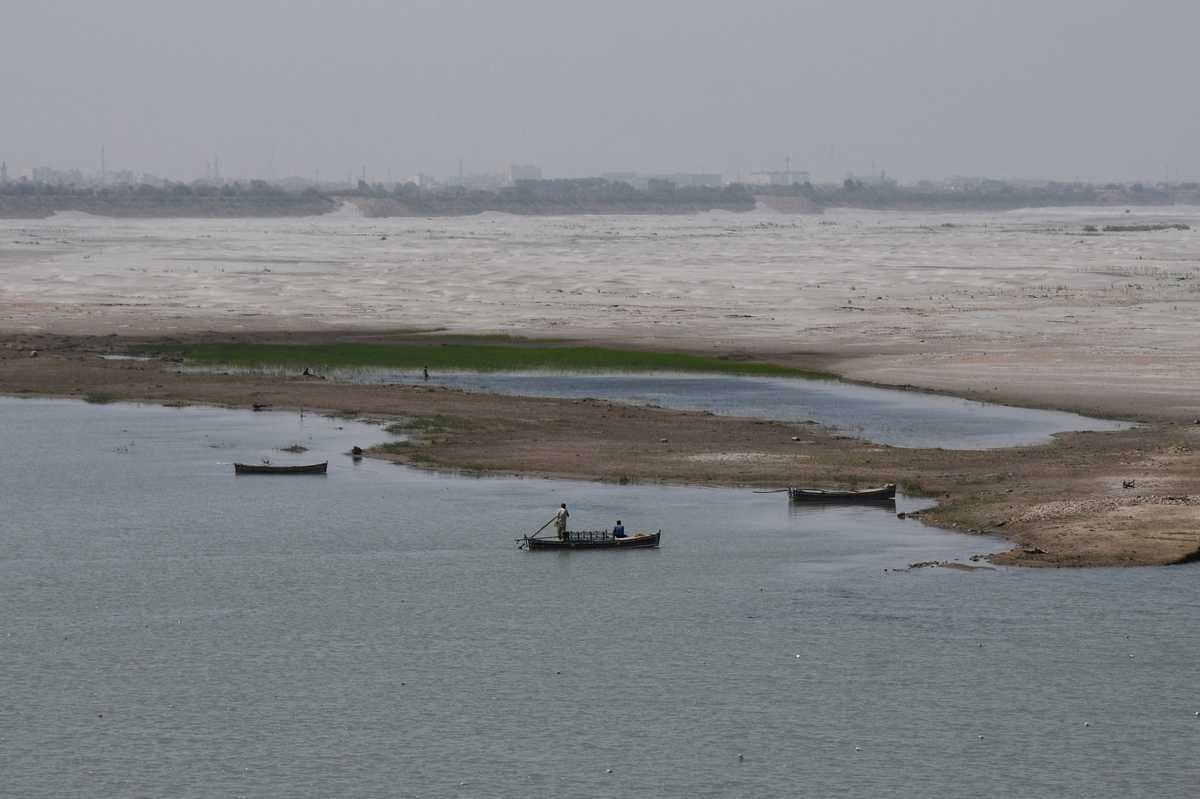Why India’s water treaty strategy could backfire
Analysts say the PCA ruling strengthens Pakistan’s diplomacy and underscores India’s isolation over Indus Waters Treaty compliance

Aamir Abbasi
Editor, Islamabad
Aamir; a journalist with 15 years of experience, working in Newspaper, TV and Digital Media. Worked in Field, covered Big Legal Constitutional and Political Events in Pakistan since 2009 with Pakistan’s Top Media Organizations. Graduate of Quaid I Azam University Islamabad.

The Permanent Court of Arbitration (PCA) has issued a landmark ruling upholding Pakistan’s rights over the Western rivers under the 1960 Indus Waters Treaty, while experts say it also highlights the political motives and legal flaws in India’s recent actions.
In a unanimous verdict, the court confirmed that Pakistan’s rights as a lower riparian state are protected under international law and that India must ensure uninterrupted flows even when building hydroelectric projects.
Such projects, the court stressed, must comply with the engineering parameters in Annex G of the treaty to safeguard Pakistan’s share.
How the dispute reached The Hague
Pakistan initiated arbitration on August 19, 2016, challenging the design and operational features of certain Indian hydroelectric projects. India, instead of fully participating in the proceedings, urged the World Bank - broker of the treaty - to appoint a neutral expert.
The World Bank temporarily “paused” both the neutral expert process and the Court’s formation in December 2016, before lifting the pause in 2022, allowing both tracks to proceed.
On July 6, 2023, the PCA ruled it had jurisdiction, rejecting all of India’s objections. In a supplemental decision on June 27, 2025, the court dismissed India’s claim that its April 2025 decision to hold the treaty “in abeyance” curtailed the court’s authority.
India had suspended the treaty on April 24, following a terrorist attack in Indian-administered Kashmir that killed 26 tourists - a move the court noted contradicted Article XII(4) of the treaty, which allows termination only through a mutually ratified agreement.
‘Flawed legal approach, political motivations’
“This is a significant legal victory for Pakistan,” international law expert Ahmer Bilal Soofi told Nukta. “The ruling reaffirms not only Pakistan’s rights under the Indus Waters Treaty but also the general principle in international law that obligates an upper riparian to maintain water flow to a lower riparian.”
Brokered by the World Bank in 1960, the Indus Waters Treaty allocated three eastern rivers to India and three western rivers to Pakistan. Soofi stressed that Pakistan’s concession over the eastern rivers was premised on an assurance that the western rivers would remain unimpeded.

He criticized India’s decision to boycott proceedings and its use of the term “holding the treaty in abeyance” - which, he said, is “alien to international law” and absent from the Vienna Convention on the Law of Treaties. “In treaty law, there is either termination or suspension - nothing in between,” he noted.
According to Soofi, India’s recent posture reflects broader political objectives tied to Hindutva-driven policies and territorial ambitions, including the revocation of Article 370 in Jammu and Kashmir and claims over Gilgit-Baltistan.
Strategic and regional implications
The ruling, analysts say, bolsters Pakistan’s diplomatic position while highlighting India’s growing isolation over treaty compliance.
Soofi pointed out that water and border treaties are “extraordinarily sensitive” because they directly affect food security and livelihoods, and that the anxiety of a lower riparian is well-recognized under international law.
He warned that any unilateral Indian actions obstructing Pakistan’s share could invite lawful countermeasures, from diplomatic protests to measures permitted under Article 51 of the UN Charter. “Pakistan has options,” he said.
However, according to Times of India, India has never recognized the Permanent Court of Arbitration and has instead focused on the neutral expert mechanism.







Comments
See what people are discussing